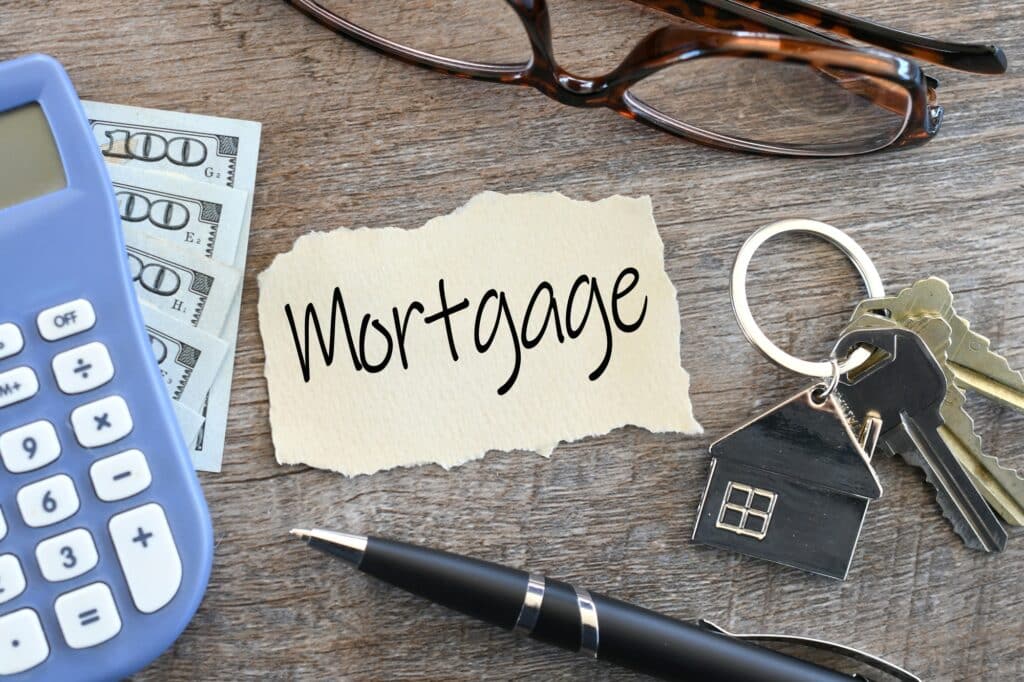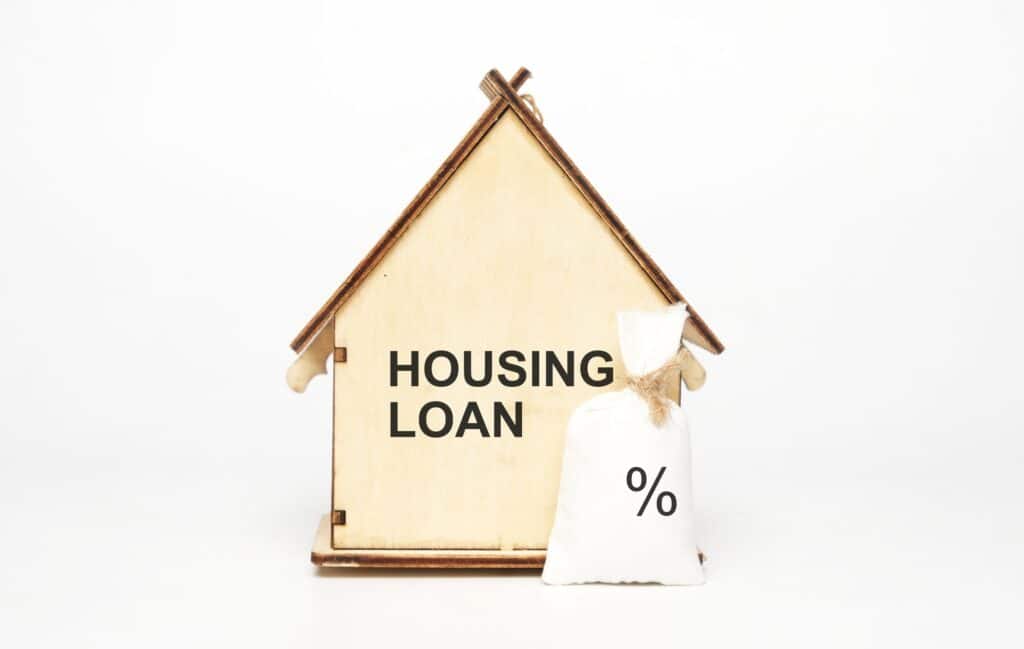The Virginia housing market presents both opportunities and challenges for first-time homebuyers, with varying home prices and inventory levels across different regions. For Virginia first time homebuyers, navigating mortgage options, paperwork, and negotiations can feel overwhelming without proper guidance. This guide will walk you through the essential steps of purchasing your first home in Virginia, helping you make informed decisions and avoid common pitfalls on your path to homeownership.
Steps in the Homebuying Process for Virginia First Time Homebuyers
Embarking on purchasing your first home can seem like a complex journey, but breaking it down into manageable steps makes the process much clearer. Understanding each stage of the homebuying process helps you stay organized and confident as you move toward your goal of homeownership. Let’s explore the key steps you’ll need to take, from assessing your finances to finally getting the keys to your new home.
Assess Your Financial Readiness
Before diving into the homebuying process, take a thorough look at your financial situation. Start by checking your credit score, as this will significantly impact your mortgage options and interest rates. Calculate your debt-to-income ratio by comparing your monthly debt payments to your gross monthly income. Review your savings to ensure you have enough for a down payment, which typically ranges from 3.5% to 20% of the home’s purchase price. Don’t forget to account for closing costs, which can add several thousand dollars to your upfront expenses. It’s also wise to establish an emergency fund separate from your down payment savings to cover unexpected repairs or maintenance once you become a homeowner.
Consider meeting with a financial advisor who can help you evaluate your readiness for homeownership and create a realistic budget that accounts for not just your mortgage payment, but also property taxes, insurance, utilities, and maintenance costs. Being financially prepared will give you confidence during your home search and help ensure long-term success as a homeowner.
Get Pre-Approved for a Mortgage

Getting pre-approved for a mortgage is a crucial first step in your homebuying journey. Pre-approval provides you with a clear understanding what you can afford and demonstrates to sellers that you’re a serious, qualified buyer. When you’re pre-approved, sellers are more likely to consider your offers because they know you have the financial backing to complete the purchase. This can give you a significant advantage in competitive markets where multiple offers are common. Additionally, having a pre-approval letter helps streamline the final mortgage approval process since much of the paperwork and verification has already been completed. Remember that pre-approval is different from pre-qualification – while pre-qualification is a basic review of your finances, pre-approval involves a more thorough examination of your financial situation, including verification of income, assets, and credit history.
Find a Real Estate Agent
Working with a knowledgeable real estate agent is a crucial step for Virginia first time homebuyers. An experienced agent brings invaluable local market expertise, helping you navigate neighborhoods, property values, and market trends specific to the area in Virginia you are looking at. They serve as your advocate throughout the process, from identifying suitable properties to negotiating offers and managing paperwork. A skilled agent can also connect you with other trusted professionals, such as home inspectors and mortgage lenders, ensuring a smoother homebuying experience. When selecting an agent, look for someone who has experience working with first-time buyers, understands local market conditions, and communicates effectively. Consider interviewing multiple agents to find someone who not only has the right expertise but also makes you feel comfortable and understood throughout your homebuying journey.
House Hunting
For Virginia first time homebuyers, the house hunting process requires careful consideration of multiple factors. Start by creating a must-have list that includes your desired location, home size, style, and essential amenities. Research different Virginia neighborhoods thoroughly, considering factors like school districts, commute times, local amenities, and future development plans. Your real estate agent can help you identify areas that match your criteria and budget. When viewing properties, take detailed notes and photos to help remember each home’s features and condition. Don’t rush this process – it’s common for Virginia first time homebuyers to view multiple properties before finding the right match. Consider attending open houses and scheduling private viewings during different times of day to get a comprehensive feel for the property and neighborhood. Keep in mind that while the perfect home might not check every box on your wishlist, focusing on location, structural integrity, and your long-term needs will help guide your decision.
Make an Offer
When Virginia first time homebuyers find their ideal property, making a compelling offer is crucial. Your real estate agent will help you determine a fair offer price based on comparable sales in the area, market conditions, and the property’s condition. Your offer should include important contingencies that protect your interests, such as financing, home inspection, and appraisal contingencies. These safeguards ensure you can back out of the deal without losing your earnest money deposit if certain conditions aren’t met. The earnest money deposit, typically 1-3% of the purchase price, shows sellers you’re serious about the purchase. Your agent will guide you through negotiating terms like closing date, included appliances, and any necessary repairs. Be prepared for possible counteroffers, and remember that flexibility and quick responses are often key to securing your desired home in competitive markets.
Home Inspection and Appraisal
Home inspections and appraisals represent two vital safeguards for Virginia first time homebuyers during the purchasing process. A professional home inspector will thoroughly examine the property’s condition, looking for structural issues, electrical problems, plumbing concerns, and other potential defects that might not be visible during casual viewings. This detailed inspection helps buyers understand exactly what they’re purchasing and can identify needed repairs that might affect negotiations. Simultaneously, the mortgage lender will require an appraisal to verify the property’s value matches the loan amount. The appraiser compares the home to similar properties in the area, considering factors like location, size, condition, and recent sales data. If the appraisal comes in lower than the agreed purchase price, Virginia first time homebuyers may need to renegotiate with the seller or increase their down payment to cover the difference.
Final Mortgage Approval
The final mortgage approval process is a critical step that Virginia first time homebuyers must complete before closing on their new home. During this phase, your lender will verify that your financial situation hasn’t changed since pre-approval and that all conditions of the loan have been met. They’ll review recent bank statements, pay stubs, and employment verification to ensure your financial stability. The lender will also confirm that the property meets their requirements based on the appraisal results and title search. It’s crucial to avoid making any significant financial changes during this period, such as switching jobs, making large purchases, or opening new credit accounts, as these could jeopardize your final approval. Stay in close communication with your loan officer and promptly provide any requested documentation to keep the process moving smoothly.
Once all conditions are satisfied and final approval is granted, you’ll receive a “clear to close” notification, indicating you’re ready to proceed to the closing phase. This typically occurs a few days before your scheduled closing date, allowing time for the final closing disclosure to be prepared and reviewed.
Closing Process
The closing process marks the final stage where Virginia first time homebuyers officially become homeowners. During closing, you’ll review and sign numerous legal documents, including the final loan documents, deed, and various disclosures. Your closing agent or attorney will guide you through each document, explaining their significance and ensuring everything is properly executed. You’ll need to bring a valid photo ID and proof of funds for closing costs, typically in the form of a cashier’s check or wire transfer. The closing process usually takes a few hours, during which you’ll receive important information about your new property, including warranty documents, maintenance records, and contact information for utilities. Once all documents are signed and funds are transferred, you’ll receive the keys to your new home, officially completing your journey from prospective buyer to homeowner.

The Benefits of Buying a Home
Homeownership offers numerous advantages that make it an attractive investment for Virginia residents. Beyond providing a place to call your own, buying a home can contribute significantly to your financial future and personal well-being. Understanding these benefits can help first-time homebuyers feel more confident about taking this important step. Let’s explore the key advantages that make homeownership a worthwhile goal for many Virginians.
Building Long-Term Wealth
One of the most significant advantages for Virginia first time homebuyers is the opportunity to build long-term wealth through property ownership. As you make monthly mortgage payments, you gradually build equity in your home, essentially creating a forced savings plan. Unlike renting, where monthly payments solely benefit the landlord, homeownership allows you to invest in an asset that typically appreciates over time. In Virginia’s diverse real estate market, property values have historically shown steady growth, particularly in developing areas and established neighborhoods. Additionally, homeowners can leverage their equity through home equity loans or lines of credit for future investments or home improvements, further increasing their property’s value. This wealth-building potential makes homeownership an attractive financial strategy for those looking to establish a strong financial foundation.
Tax Benefits
Virginia first time homebuyers can benefit from several tax advantages when purchasing a home. The mortgage interest deduction allows homeowners to deduct the interest paid on their mortgage from their taxable income, potentially resulting in significant tax savings. Property tax payments can also be deducted, providing additional tax relief. First-time buyers who use retirement funds for their down payment may avoid early withdrawal penalties in certain circumstances. These tax benefits make homeownership more affordable and financially advantageous in the long run. It’s important to consult with a tax professional to fully understand and maximize the available tax benefits, as tax laws can change and individual circumstances vary.
Stable Monthly Payments
For Virginia first time homebuyers, one of the most appealing aspects of homeownership is the stability it provides in monthly housing costs. While rent payments typically increase annually, a fixed-rate mortgage offers predictable monthly payments that remain constant throughout the loan term. This predictability makes long-term financial planning easier and provides peace of mind, knowing that your primary housing expense won’t unexpectedly increase. Even when property taxes and insurance rates fluctuate, these changes are generally more modest compared to annual rent increases. This stability is particularly valuable in Virginia’s growing metropolitan areas, where rental rates can rise significantly year over year, potentially straining household budgets.
Sense of Community

Homeownership often creates a stronger sense of community involvement and connection to your neighborhood. When you purchase a home, you’re investing not just in property, but in a community where you’re likely to establish long-term relationships with neighbors, participate in local events, and engage in community initiatives. Virginia homeowners typically become more involved in local schools, neighborhood associations, and community improvement projects. This involvement leads to deeper social connections and a greater sense of belonging. Additionally, homeowners often take pride in maintaining their properties and contributing to the overall appearance and value of the neighborhood, creating a positive ripple effect throughout the community. The stability of homeownership allows families to put down roots, build lasting friendships, and become active participants in shaping their community’s future.
Privacy and Control
For Virginia first time homebuyers, one of the most rewarding aspects of homeownership is the unparalleled privacy and control it provides. As a homeowner, you have the freedom to modify your living space according to your preferences, from painting walls and renovating kitchens to landscaping your yard or adding custom features. There’s no need to seek landlord approval for changes or improvements to your home. You also enjoy greater privacy, as landlords won’t need to conduct regular inspections or enter your property for maintenance. This autonomy extends to lifestyle choices as well – whether you want to own pets, host gatherings, or make noise during certain hours, you have the freedom to make these decisions without consulting a landlord. This sense of control over your living environment contributes significantly to personal satisfaction and quality of life.
Virginia First Time Homebuyer Programs
Virginia offers numerous programs and resources specifically designed to help first-time homebuyers achieve their dream of homeownership. These initiatives provide financial assistance, educational resources, and support throughout the homebuying process. Understanding these programs and their requirements is essential for prospective buyers looking to make their first home purchase in Virginia. Here’s an overview of the key programs available to Virginia residents entering the housing market for the first time.
Virginia Housing Development Authority (VHDA) programs
The Virginia Housing Development Authority (VHDA) offers several beneficial programs specifically designed for Virginia first time homebuyers. These programs include competitive mortgage rates, down payment and closing cost assistance, and homebuyer education resources. VHDA’s conventional loans often feature lower interest rates than standard market rates, making homeownership more affordable for qualified buyers. The organization also provides flexible credit requirements and income limits that vary by region to accommodate different financial situations. Through their free homebuyer education courses, VHDA ensures that first-time buyers are well-prepared for the responsibilities of homeownership. Additionally, their mortgage credit certificate program can help eligible homebuyers save money by providing a tax credit for a portion of the mortgage interest paid each year.
FHA Loans in Virginia
VA Loans for Veterans
VA loans offer exceptional benefits for Virginia first time homebuyers who are veterans, active-duty service members, or eligible surviving spouses. These government-backed loans provide 100% financing, meaning no down payment is required – a significant advantage for those entering the housing market. VA loans also typically offer lower interest rates compared to conventional mortgages and don’t require private mortgage insurance (PMI). Additional benefits include limited closing costs, relaxed credit requirements, and no prepayment penalties. To qualify, veterans must obtain a Certificate of Eligibility (COE) and meet specific service requirements. The property must also meet VA loan standards through a specialized VA appraisal process. While VA loans include a funding fee, this can often be financed into the loan amount, and some veterans with service-connected disabilities may qualify for a funding fee waiver. This program has helped countless Virginia veterans achieve homeownership with favorable terms that acknowledge their service to our country.

Down Payment Assistance Programs
Virginia first time homebuyers have access to various down payment assistance programs that can significantly reduce the initial costs of purchasing a home. These programs typically offer grants, forgivable loans, or low-interest second mortgages to help cover down payment and closing costs. The Virginia Housing Development Authority provides down payment assistance of up to 2.5% of the purchase price for qualified buyers. Additionally, many local governments and non-profit organizations throughout Virginia offer their own assistance programs, with some providing up to $10,000 in aid. These programs often have specific income limits, credit requirements, and mandatory homebuyer education courses. While some assistance must be repaid over time, others may be forgiven after living in the home for a specified period. First-time buyers should research multiple programs and consult with housing counselors to find the best options for their situation.